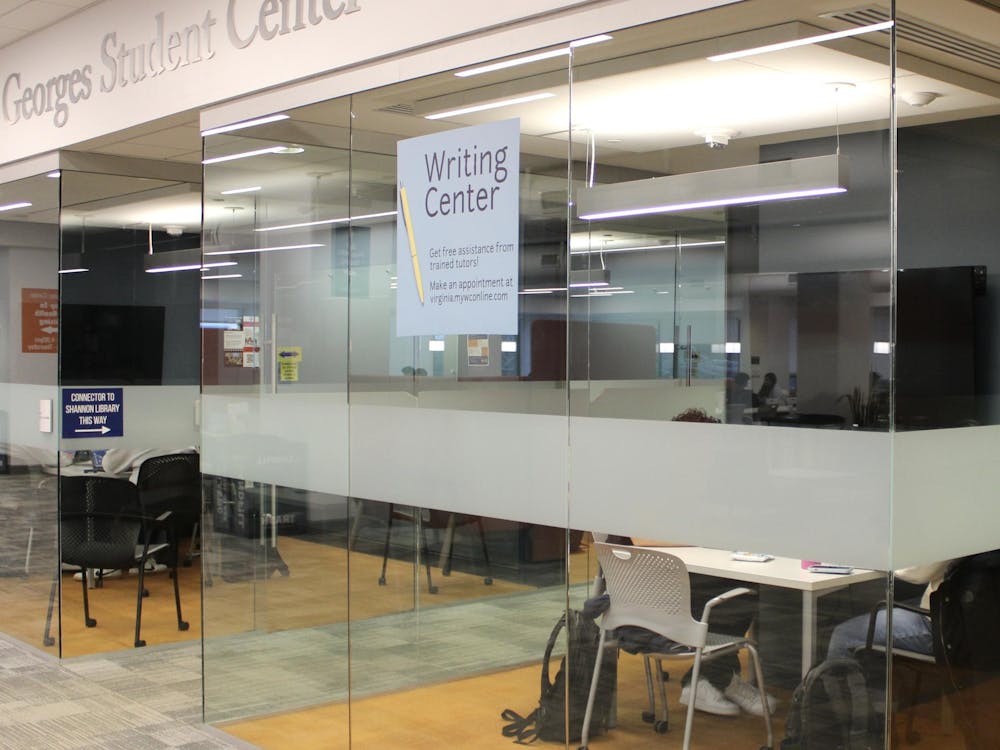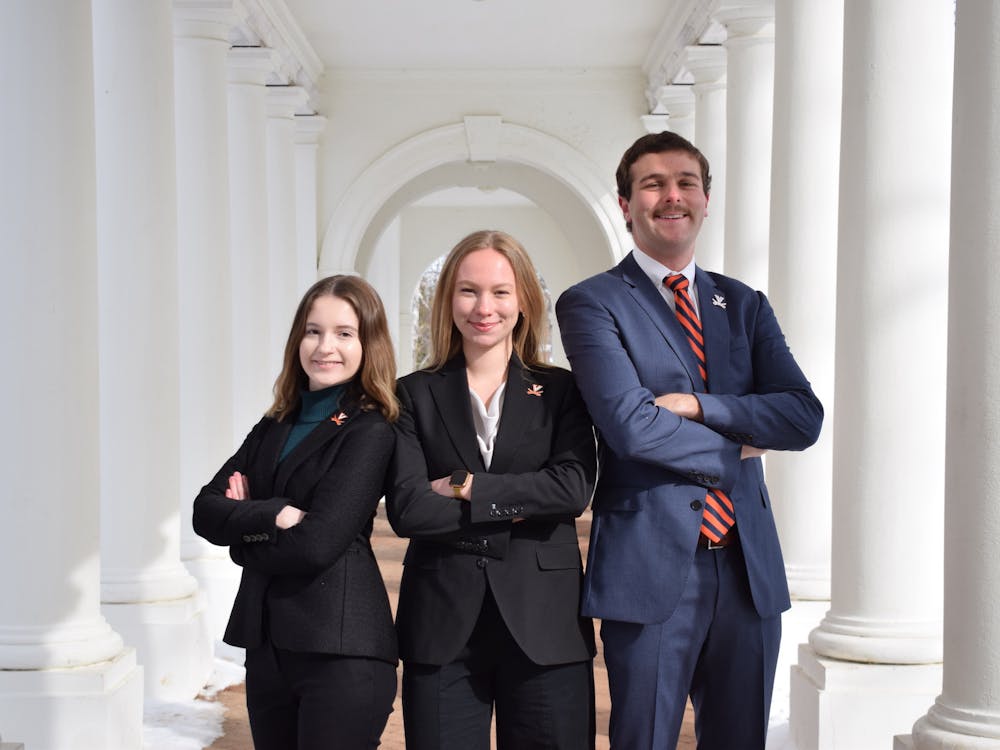The University Health System and 27 other participating universities published a study last week about a new, noninvasive prenatal blood test which can detect Down syndrome in a fetus.
The test, which was released in 20 metropolitan regions last week, can reduce the need for risky diagnostic procedures which may put the health of the mother and the fetus at risk.
The study, published in the journal "Genetics in Medicine," found that a noninvasive method using blood tests may be a safer alternative to the normal screening process, said Glenn Palomaki, a lead researcher on the study and senior research associate in the division of biology and medicine at Brown University. "There is no other test like this," Palomaki said, "It may delay things for a week, but it is extremely reliable."
The study concluded that the test's Down syndrome detection rate was 98.6 percent, and the false positive rate was 0.2 percent.
A Health System press release said the results "demonstrate that the new test will be highly effective when offered to women considering invasive testing."
Current procedures using amniocentesis or chorionic villus sampling are more invasive procedures which put the fetus at risk, Palomaki said. This new blood sampling procedure will give pregnant women more testing options, he added.
The new blood test helps reassure patients who are at increased risk, thereby avoiding these invasive procedures, said Devereux Saller Jr., professor of obstetrics and gynecology at the University's Medical School. Saller added that if a patient is at increased risk for having a Down syndrome pregnancy, she may choose to have a diagnostic test rather than this new procedure. The diagnostic test differs in that it involves sticking a needle or catheter into the womb to obtain a sample. "This has some risk to the pregnancies and is more expensive," Saller said.
The University Health System joined the study team in late 2009 or early 2010, Palomaki said, and greatly contributed to the research that was done. "I couldn't do the study without sites like U.Va.," he said. "They are the reason that the site works. It's great to have partners with places like U.Va. and Dr. Saller"






